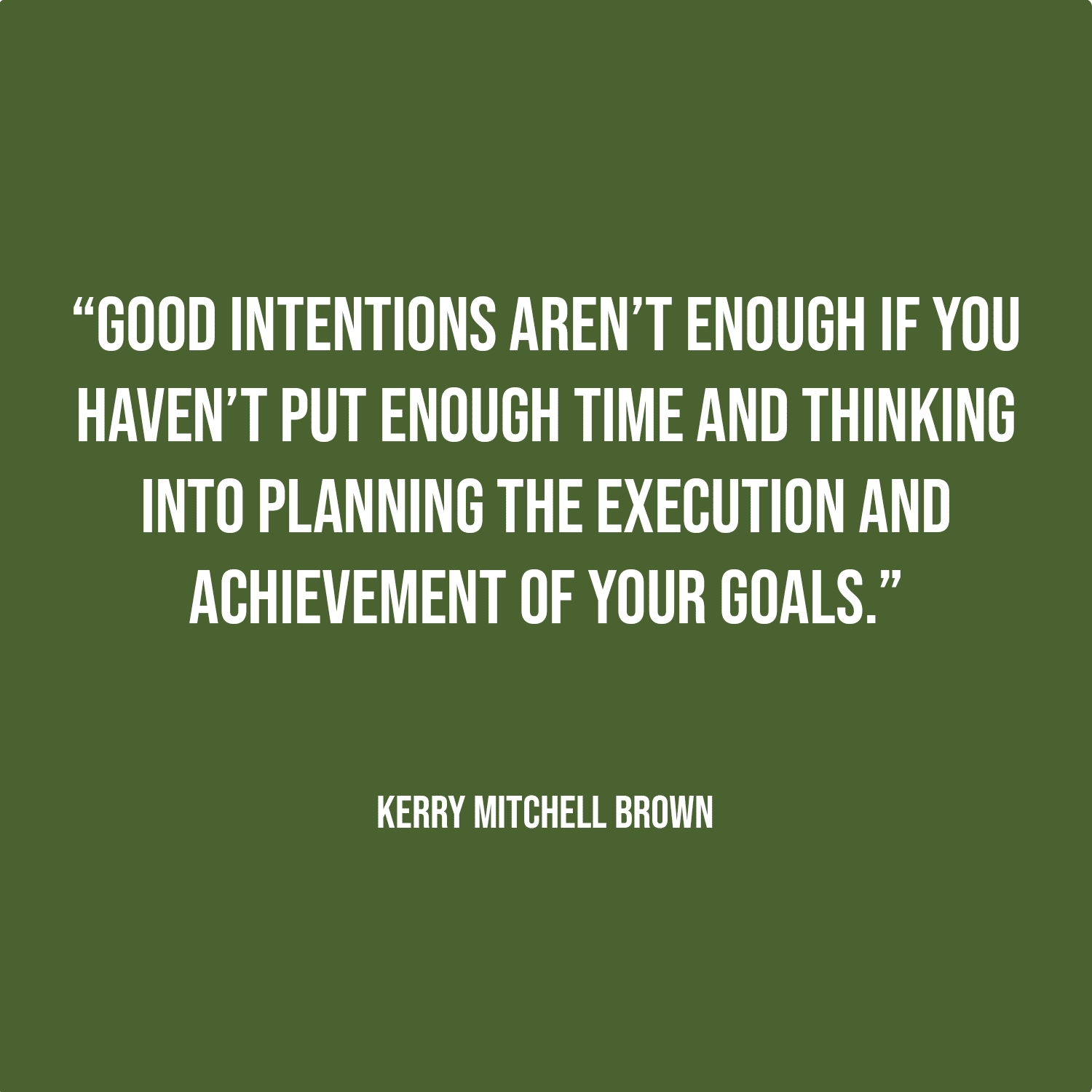When you hear the word “resolution”, you typically associate it with the new year. New year, new me – right? While the intention of resolutions can be innocent, they can make you feel as though you are a failure if you don’t stick to them. Most of these resolutions can be a little too ambitious: cook every meal, exercise more or lose weight, etc. With resolutions like these, they may be too vague, or you aren’t properly prepared for them. Aside from that, they can add unnecessary pressure on your mental health!
Did you know that it takes an estimated 18 to 254 days for a person to form a new habit? Additionally, it takes roughly 66 days for the new behavior to become automatic.
According to a CNN study, around 40% of Americans set resolutions at the start of a new year and less than half are successful after six months. So what’s the trick to sticking to your resolution? The biggest thing is how important it is to keep your goals grounded in reality. If you do that, you are more likely to be able to achieve what you’ve set out to do amid considerable obstacles. Ask yourself the following questions to help you reshape your mindset:
- What can you do differently this year?
- What about this year is going to be different?
- Have you tried this resolution before without success?
- Have you properly planned to make this possible?
- How will you feel if you get off track?
Setting Intentions vs Resolutions
Unlike resolutions, intentions are more fluid, more abstract. They can change and grow as your situation changes. Setting intentions can be as simple as “being more mindful of my actions” or “giving back to my community”. With intentions, you visualize the life you want. With goals, you give yourself direction. However, a goal must be realistic in order to be achievable.

How to make realistic New Year’s resolutions for your mental health:
- Make time for self-care
Sit down and write out a list of things that you can do for your own self-care. This could mean going to therapy, taking a hot bath, calling a friend. Keep this list handy when you feel the need to take some “me” time. Schedule this kind of time into your daily routine.
- Be kind to yourself
This might sound too easy of a resolution, but being kind to yourself is constantly overlooked. Let yourself feel your feelings when you have them. Give yourself the time and space to make mistakes and grow from them.
- Make sleep a priorityThe link between productive sleep and mental health simply cannot be ignored. In fact, 65-90% of people with major depression also have problems sleeping. Try to head to bed a little earlier every night to rest your body and mind.
- Limit your screen timeAs hard as this might seem in this day and age, limiting your screen time could significantly help your quality of sleep and even your relationships with loved ones. Be aware of the impact social media can have on your mental health and learn to take a break when needed.
- Learn more about your mental healthOne of the best ways to improve your mental health is learning more about it! Online resources such as SAMHSA or NIMH make it easier to educate yourself about common mental health or substance use disorders.
Instead of making sweeping New Year’s resolutions to miraculously achieve overnight, create a few realistic goals that will have a long-lasting impact on your mental health and happiness.

